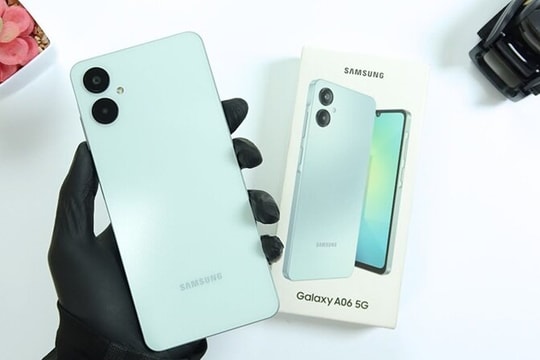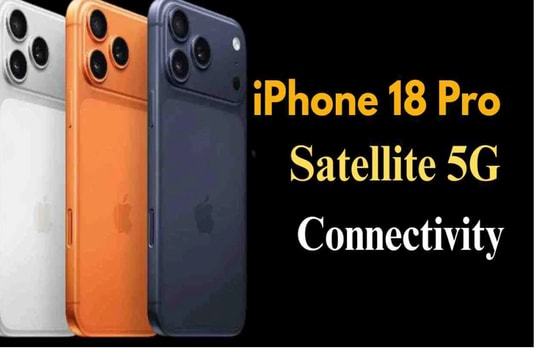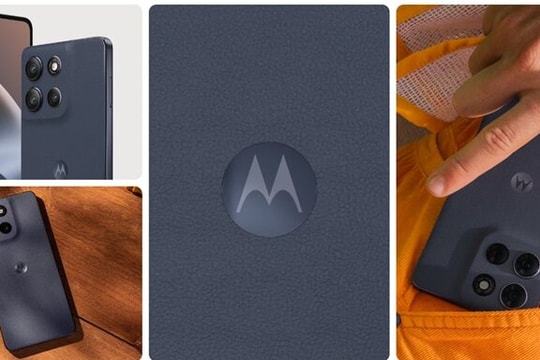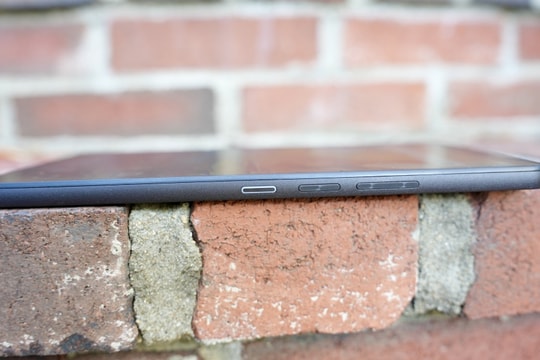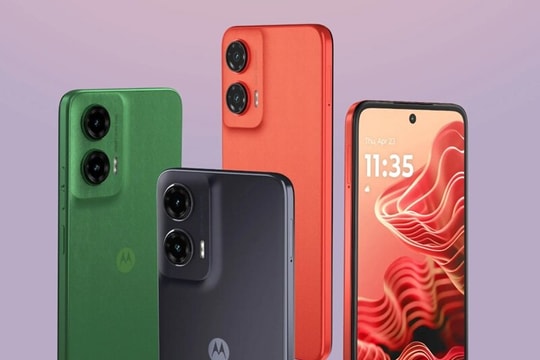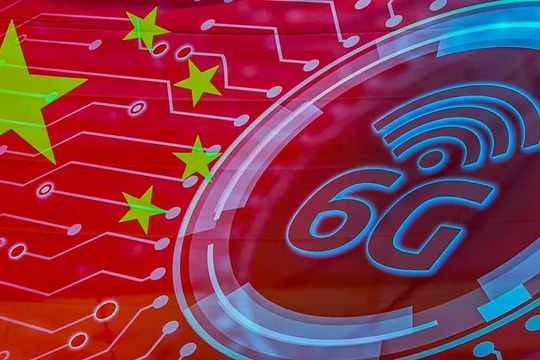In which areas will 5G make a real difference?
(Baonghean.vn) - The widespread deployment of 5G technology in many countries around the world will impact many different industries and fields in many different ways, of which automobiles, healthcare, virtual universe (Metaverse) and education are the fields with the greatest impact when applying new 5G technology.
5G technology was first commercially deployed in Korea in April 2019. More than 3 years after the first 5G network officially went into operation and provided new services to customers, the number of 5G networks in the world has increased rapidly.
According to data from the Global Mobile Suppliers Association (GSA), as of the end of August 2022, globally, 501 mobile operators in 153 countries/territories have invested in 5G networks in the form of trials, are being deployed or have been deployed in practice. Of these, 225 mobile operators in 89 countries/territories have commercially deployed 5G services.
 |
Illustration photo. |
With the strong development of 5G networks in the world, the following 4 areas are expected to make a big difference when applying new 5G technology.
Automotive sector
Many cars now have safety features such as cross-traffic and pedestrian warning systems, collision warnings, and automatic emergency braking, but these features still do not meet the increasing demands of customers. Car manufacturers recognize that the trend of connected cars is growing very rapidly, and this is also a great opportunity for them to continue to conquer customers who are increasingly demanding, wanting their cars to be connected to the vast world of the Internet. The world's auto industry is transforming in an era where connection speed is an important factor. With the 5G connection platform, manufacturers will be able to be more confident to go faster on the road to fully autonomous cars.
Last year, automaker Honda and U.S. mobile operator Verizon announced plans to use 5G connectivity in future vehicles under Honda's Safe Swarm project. The idea is to allow vehicles to communicate with pedestrians or other devices (like cameras or traffic lights) and share important information such as location, speed, and vehicle sensor data. With this information, the driver or autonomous driving system can make the safest decisions while driving or avoid potential hazards on the road.
The two companies said that using 5G connectivity combined with artificial intelligence (AI) will help process data quickly, thereby making accurate and instantaneous decisions. If every car is equipped with this new technology combined with 5G connectivity, it will help increase safety when traveling, promptly warning drivers of approaching vehicles or warning vehicles that run red lights at intersections.
Other automakers such as Porsche, General Motors and Toyota are also betting on 5G technology in future models. US technology research and advisory firm Gartner has predicted that the proportion of 5G-connected cars actively connected to 5G services will increase to 74% by 2023 and reach 94% by 2028.
Health care sector
As the next generation of mobile network technology, 5G promises to revolutionize the healthcare industry, especially in the application of remote diagnosis and remote surgery. With 5G, healthcare facilities will improve home healthcare services such as better video connection between caregivers and patients via 5G mobile networks and secure information.
Additionally, 5G will enable a range of other wearable remote health monitoring devices that are expected to be key to making home health care a viable treatment and recovery option. The low latency of 5G services will allow nurses and doctors to monitor patients in real time.
Thanks to advances in 5G, patients can get digitally coded prescriptions from their doctors without leaving their homes. And 5G has also opened the door for doctors and medical professionals to reach patients remotely, especially those living in rural areas, where patients would otherwise not have access to the expertise needed to help treat their illnesses, said Sheetal Chawla, vice president of technology consultancy Capgemini Americas.
With high-speed 5G connection, extremely low latency, ensuring near-real-time operations will help doctors perform surgeries and remote consultations effectively. Thereby helping patients easily access a team of good doctors at a more reasonable cost.
Metaverse
Virtual universe is a relatively new concept, used to describe the combination of virtual reality (VR) and mixed reality (MR) worlds accessed through browsers or headsets, allowing people to have real-time interactions and experiences, potentially opening up multi-dimensional interactive spaces and eliminating the distance between us.
Big tech companies like Meta (formerly Facebook) are proposing a Metaverse where people virtually interact with each other using VR and AR devices. To access the metaverse with these devices, 5G will play a particularly important role. In particular, to connect to the metaverse in real time, we will need a high-speed 5G mobile data connection to enjoy richer and more realistic metaverse experiences.
Education sector
The adoption of 5G in education will improve teacher-student interactions and collaboration among peers. For example, with 5G, video conferencing platforms will improve in quality and reliability globally. Teachers will save time by not having to deal with delays in connections or audio and video disconnections and instead focus on the learners. Students will be able to download videos and learning materials faster. Additionally, because 5G allows for more data to be transmitted, communication between peers for group projects will be faster and less laggy, almost as if people across geographical areas were sitting in the same classroom.
A prime example of a 5G-enabled learning experience, made possible in collaboration with the 5G Innovation Center at Arizona State University (USA) and mobile operator Verizon, has provided a unique way of learning for students that was previously not possible.
Accordingly, the 5G Innovation Center used VR and AR headsets connected to Verizon's 5G network and the Dreamscape Learn program, allowing students to experience courses such as virtual fighter pilot training, experience the lives of certain careers, or immerse themselves in an immersive world to study creatures instead of being bound by the limits of a conventional biology lab.
Maggie Hallbach, Vice President of Business Development and Sales at Verizon, said that virtual reality technology combined with 5G connectivity has completely changed the way students access learning content, helping them have a better sense of the world.
References
[1]. https://www.zdnet.com/article/5g-four-ways-it-could-make-a-real-difference/
[2]. GSA: NTS Database Snapshot - LTE and 5G Market Statistics
[3].https://www.forbes.com/sites/deborahlovich/2022/05/11/what-is-the-metaverse-and-why-should-you-care/?sh=1740a79d2704
[4]. https://blogs.worldbank.org/digital-development/how-can-5g-make-difference-education

